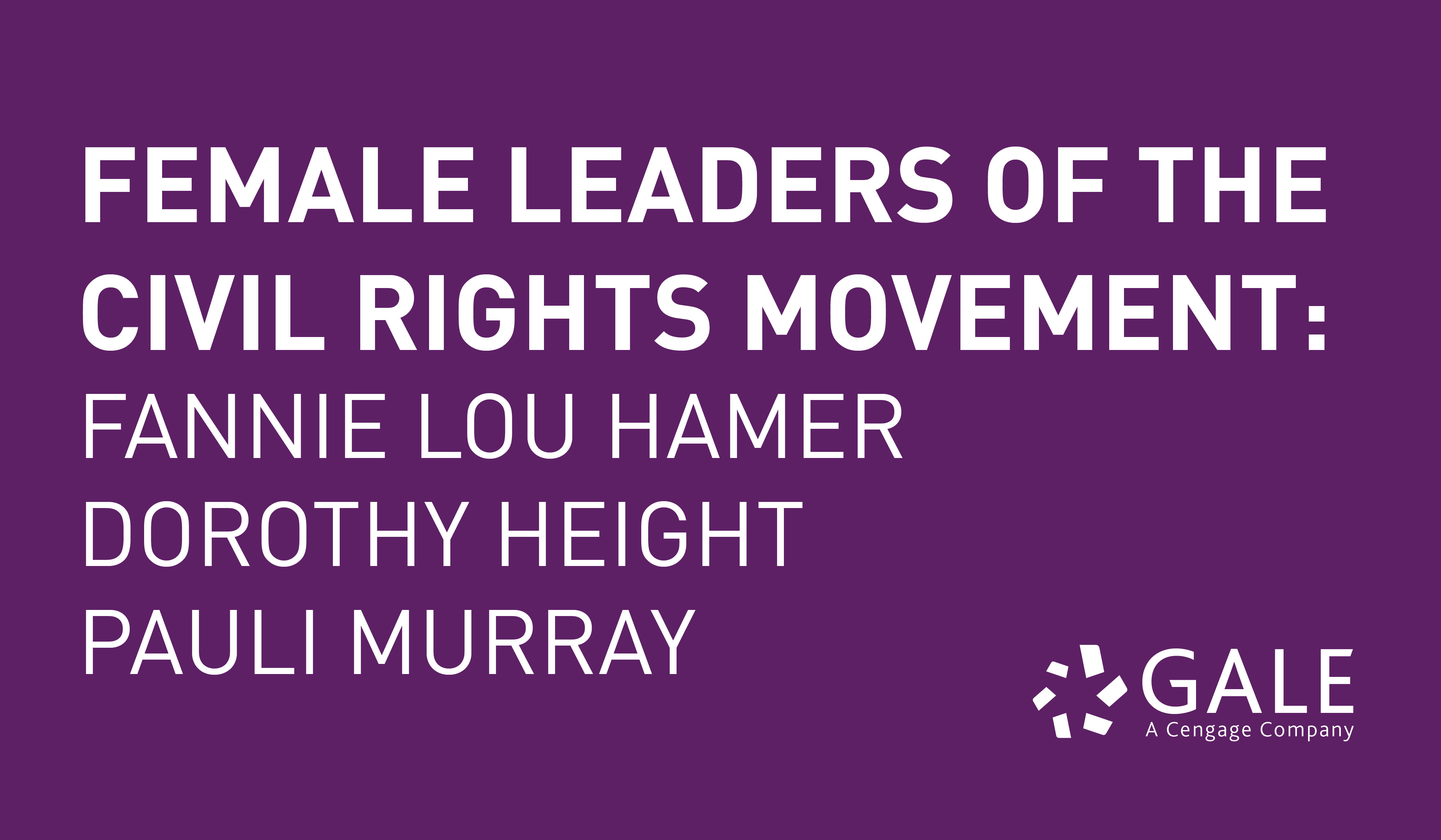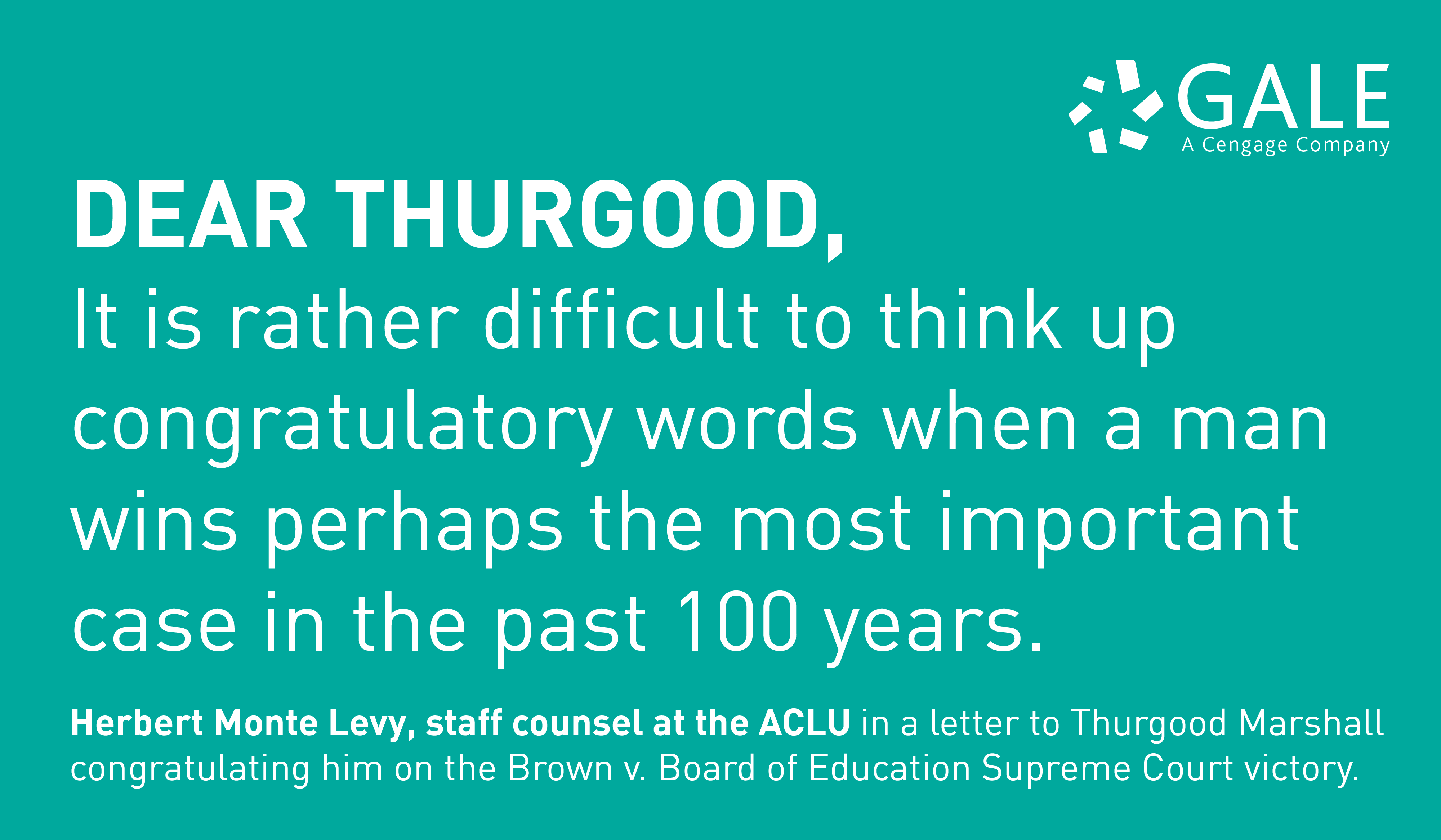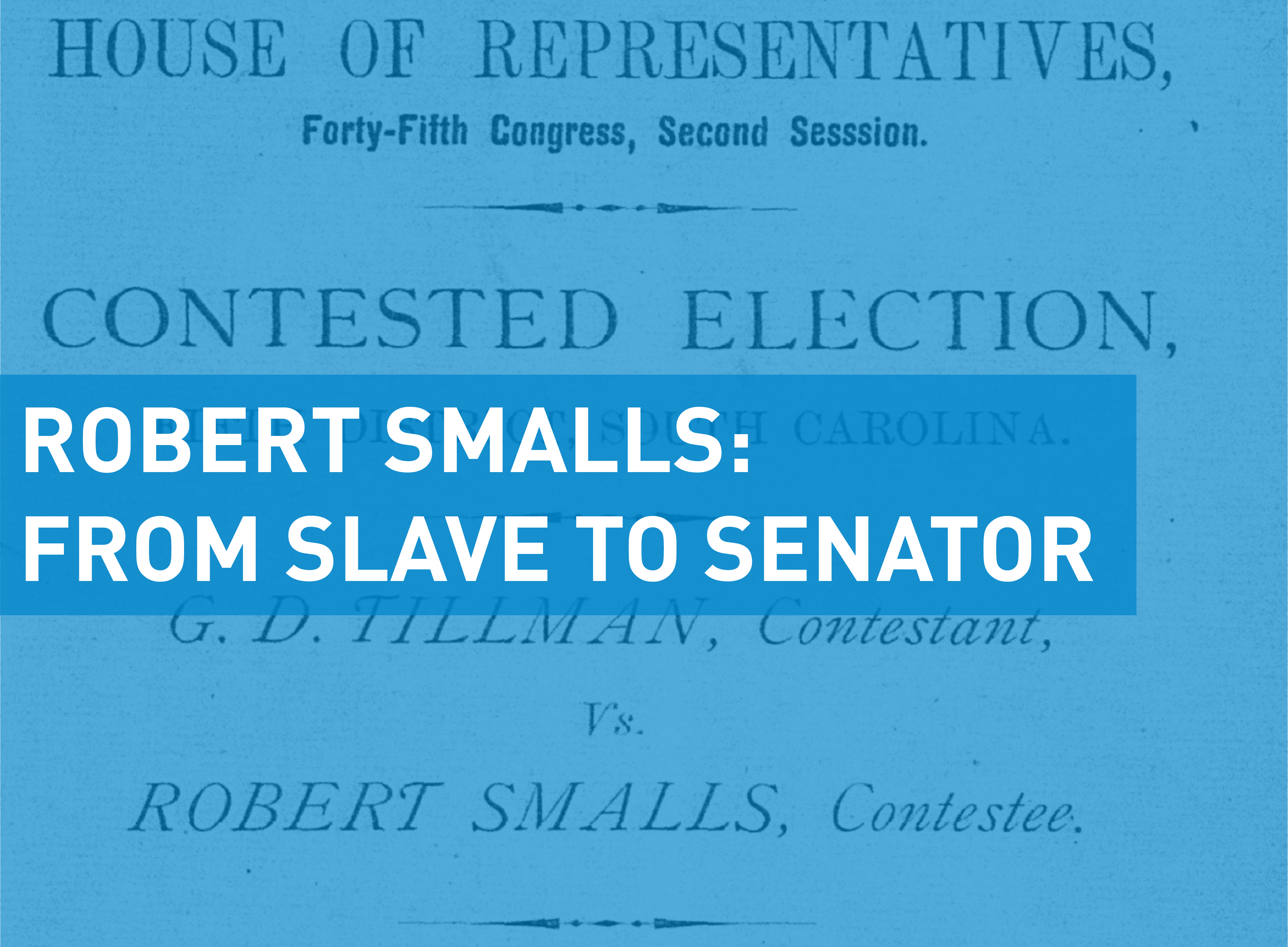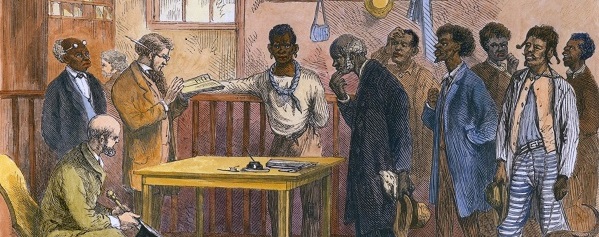During Black History Month, we celebrate African Americans who made impactful contributions to American history. One of the most important developments of the twentieth century was the civil rights movement. Many Americans, both black and white, fought for equality in access to voting, education, housing, and public spaces for African Americans. Most of the best-known civil rights leaders of this period were male, such as Dr. Martin Luther King, Jr., Malcolm X, Medgar Evers, and John Lewis. However, many women also made significant contributions, including Fannie Lou Hamer, Pauli Murray, and Dorothy Height. Because of their efforts, black Americans, especially in the South, gained new legal rights and freedoms.
A Collection That Supports Black History Year-Round
| By Nicole Albrecht | When I started my third year of teaching I was in inner-city Detroit, Michigan. The students were predominantly African American from various parts of the city and their own experiences made teaching challenging and exciting at the same time. When I introduced them to their lesson during Black History Month, … Read more









